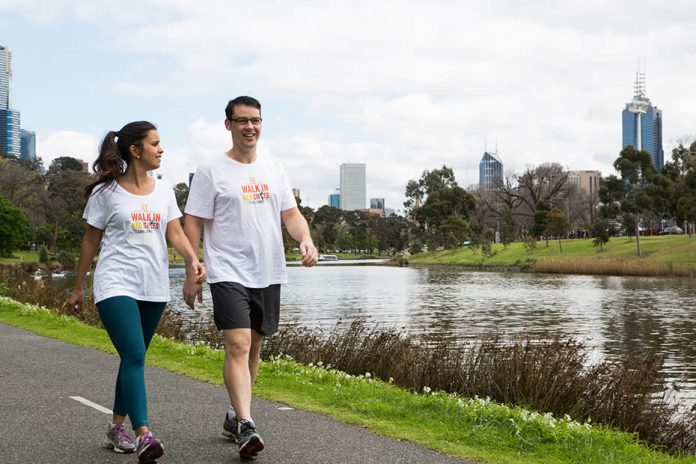IELTS Speaking Part 3: Topic – Walking and Health
Question:
- Do many people in China go for walks?
- How do you think walking is beneficial to health?
- Do you think that playing sports is better for your health than walking?
- Do you think people in the past walked more than people today, or less?
- What is the relationship between standard of living and the amount of walking people do?
- How do you think the government could encourage people to walk more?
- Can you think of any examples where people walk a lot while doing their jobs?
- How to Get High Score in IELTS Speaking (BAND 9)
- How to Extend your answer in IELTS Speaking Part 1
- How to prepare for IELTS Speaking Part 1
Sample
Walking and Health
- Do many people in China go for walks?
Yeah, lots of Chinese go for walks. Any time I walk by a park late at night, I always see people taking a troll and looking pretty content. I think they do it for the same reason people worldwide who live in big cities walk; it feels good to get outside when they have been stuck inside all day. Also, walking in parks gives people a taste of nature in a concrete world.
- How do you think walking is beneficial to health?
Walking does lots of things for your health. First, and perhaps most obvious, is the physical benefits. Walking is exercise, which is important for everyone. Just as important is the good walking does for your mind. For me at least, when I can walk somewhere, it gives me a good opportunity to think about things and not feel stuck inside. I get to feel the sun and fresh air.
- Do you think that playing sports is better for your health than walking?
Walking and playing sports are both good for your body. They both improve your physical health, though sport does a better job at that. When playing sports, you are more active and your heart rate increases, so your body has to work harder, which makes the exercise more beneficial. But, walking does a lot of good for your mental health. It provides a great escape from the working world and gives the mind a good opportunity to just wander. So if measuring just physical health, sports are better for your body, but if you look at mental as well, they are equally good for your health.
Walk and Leisure
- Do you think people in the past walked more than people today, or less?
I think that yes, people in the past did more walking. People today have many more distractions that occupy time that was once spent walking. They go on the Internet, or watch TV, or play video games. In the past, there was less to do, so people walked a lot more. Whether it was walking somewhere or walking just to walk, I think they did it a lot more.
- What is the relationship between standard of living and the amount of walking people do?
I think that it is not really the standard of living that affects how much people walk. As long as you are talking about walking for pleasure, I think the main variable is how people value their time. For instance, rich, busy people and poor people that have to work really hard to scrape by probably don’t have that much time to walk. But people that value life more than money probably walk more often because they want to enjoy themselves every once in a while. If you are talking about all kinds of walking, though, rich people walk less, obviously, because they can afford other modes of transportation.
- How do you think the government could encourage people to walk more?
In my opinion, the best way to get people to walk more would be to build more places where people would enjoy walking. Parks or nice tree-lined streets would be a good way to start. People are much more likely to walk in places that are nice as opposed to places that feel grimy. Other than that, I think most Chinese cities are pretty walker-friendly. Lots and lots of people walk, and that is a really good thing.
- Can you think of any examples where people walk a lot while doing their jobs?
Well, obviously, many postal workers must walk their routes in order to deliver the mail. As far as other jobs where people walk a lot, though, I can’t think of many: Different kinds of deliverymen and waiters and waitresses are the two best examples of these kinds of jobs. Other than that, I don’t think companies need employees to walk. It’s more efficient for them to either stay in one place or to get around by other modes of transportation.








